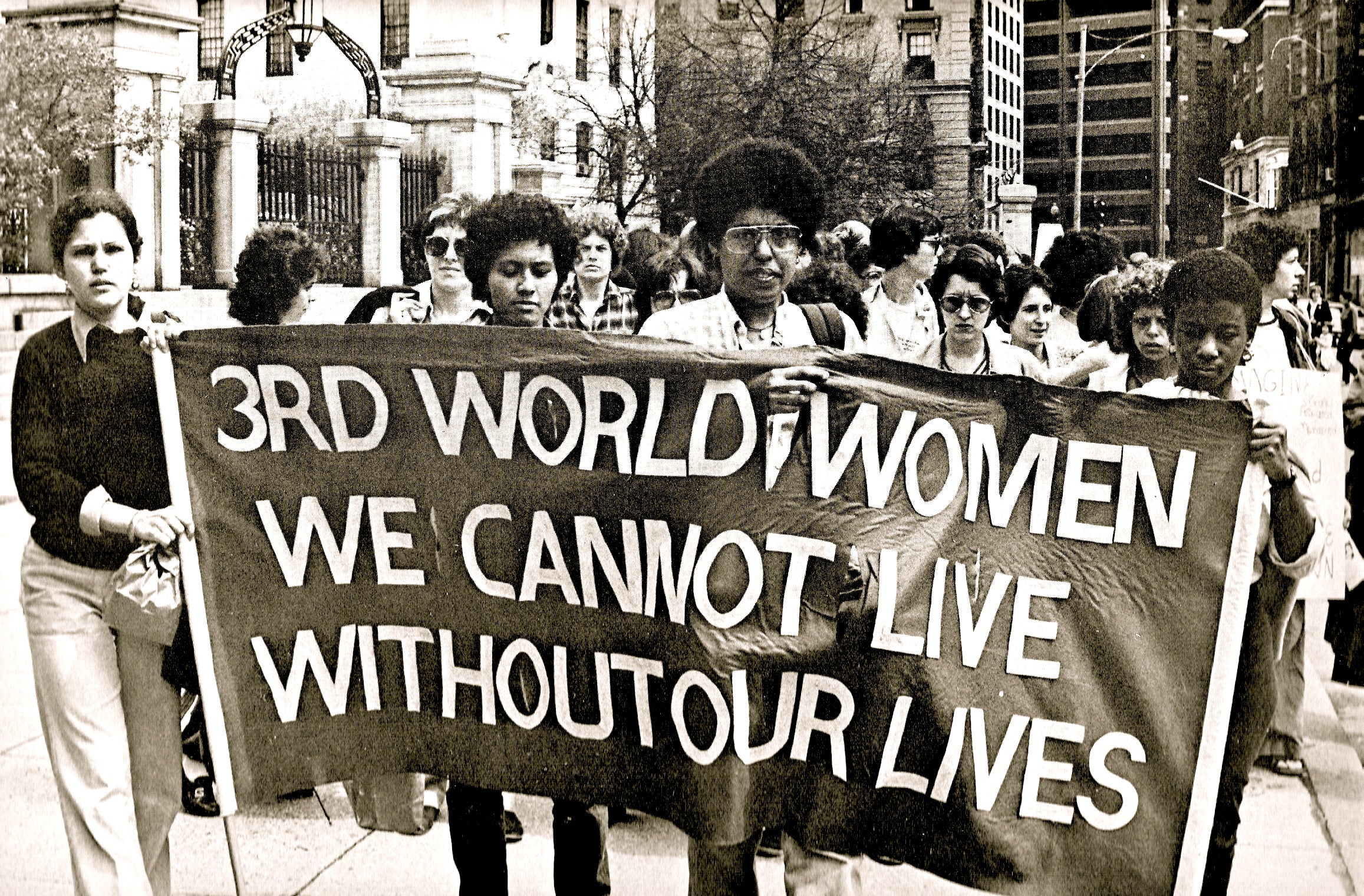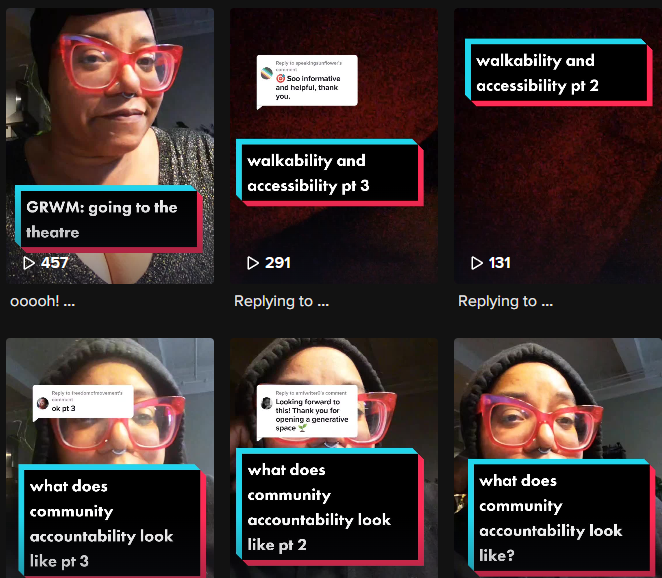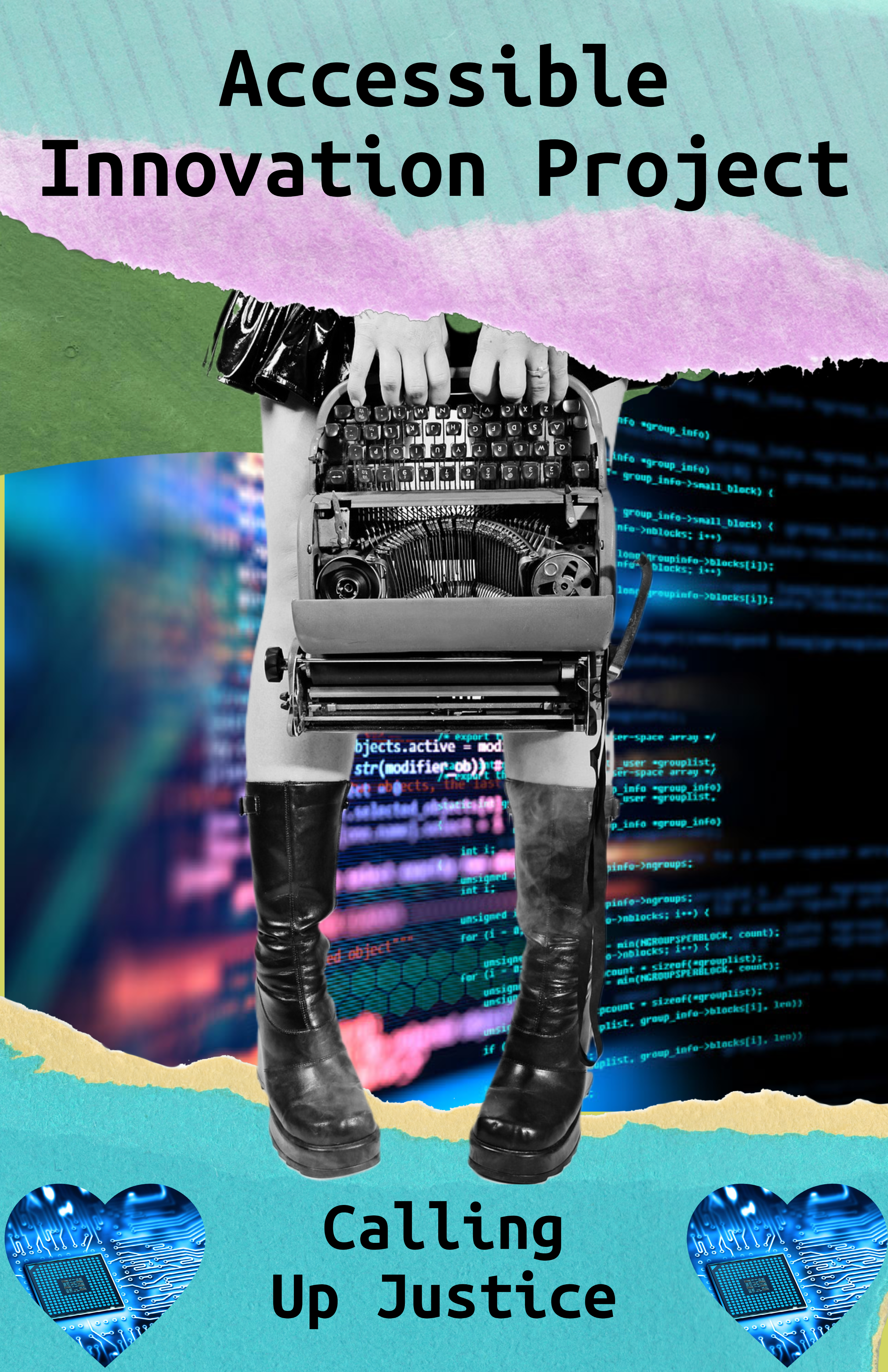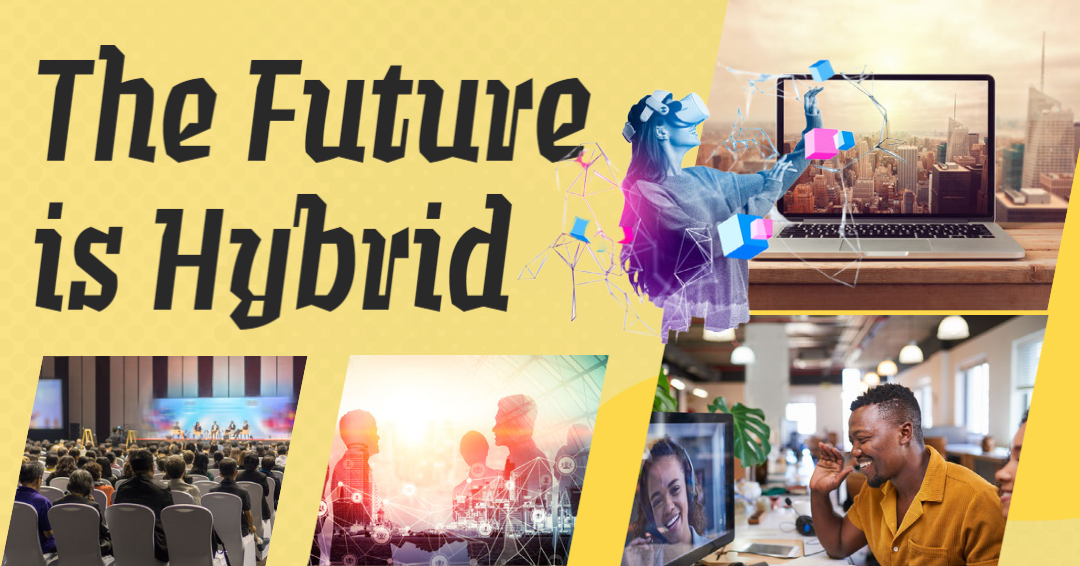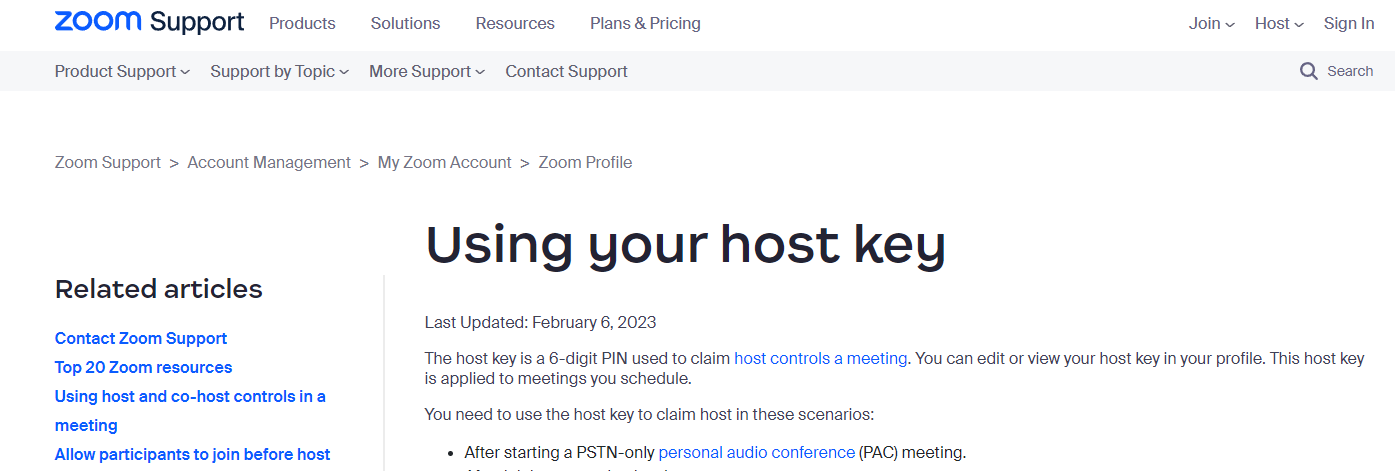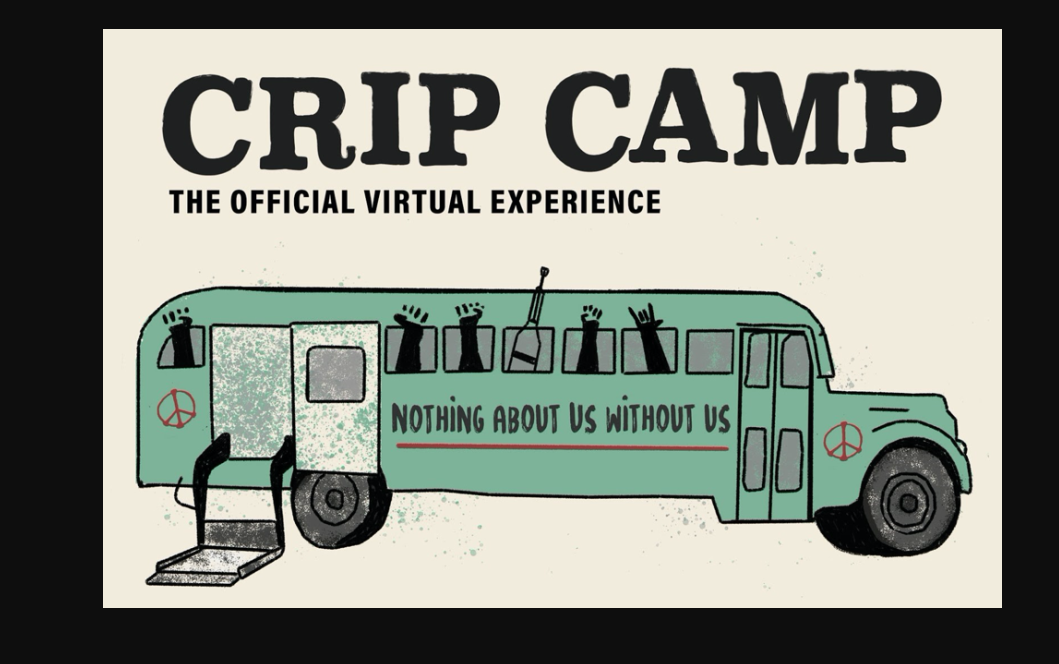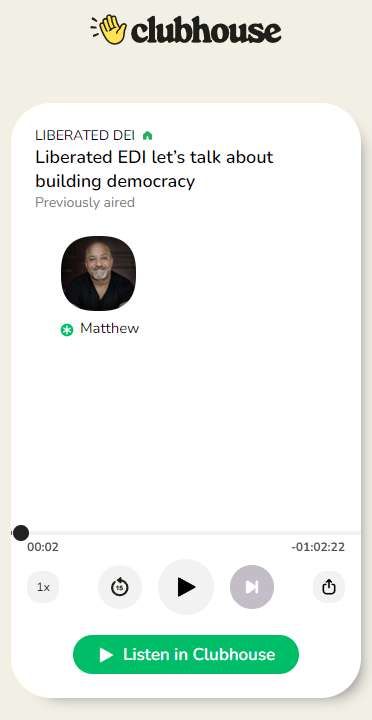
Liberated Equity Diversity and Inclusion Let’s Talk about Democracy
Rooms like this fill our cups after Republican propaganda and intimidating public performances empty it. We need spaces to talk about it all. This is what democracy looks like! Join us next Wednesday for more liberated equity diversity and inclusion talk.

